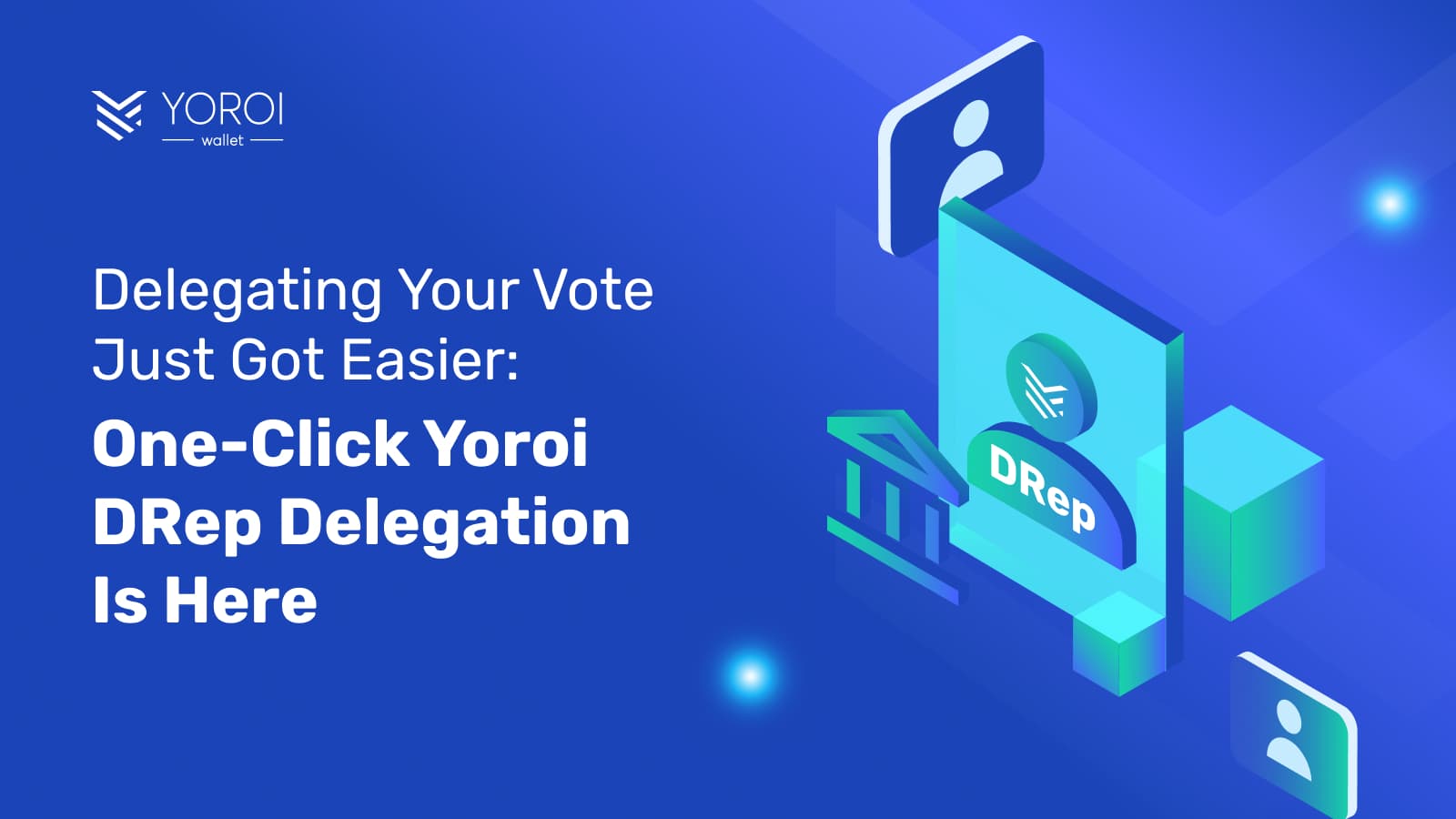NFTs (non-fungible tokens) have been increasingly linked with traditional, big businesses with interest rising in blockchain and the Web3 space.
Their business value lies in the unique power to digitally represent brand assets as a token which opens up the potential for increased consumer engagement, new revenue streams, enhanced intellectual property management, community building, and more.
Yet, there are still some obstacles to mainstream NFT adoption.
This blog discusses these further and how solving them can add value for companies.
Smart contracts
The first obstacle is overcoming the technical barrier of coding and programming blockchain smart contracts. For many businesses today, blockchain technology is still an abstract concept that many are unfamiliar with and unaware of its game-changing potential benefits.
Thus, these businesses lack the technical developers to start developing and implementing Web3 technologies such as NFTs and the business development personnel to leverage them for revenue generation.
Then, there are other businesses that might be aware of the potential of NFTs and blockchain but are hesitant due to the high costs of hiring smart contract developers. They are not only expensive but vetting their technical skills is complicated especially for HR departments unfamiliar with the blockchain space.
Related reading:
Often these challenges are enough to prevent brands from considering the development and implementation of blockchain and related Web3 products & services. Even among many major current brands, few have dedicated tech departments focused on blockchain-related projects.
Brand integrity
Another obstacle is maintaining brand integrity. For instance, particular brand guidelines that dictate the usage and styling of a business logo, the name of a product or brand, color palettes, and other intricate details make it more difficult to migrate a particular brand into issuing NFTs that represent their products.
The problem is even more complicated if a business needs to develop an in-house NFT platform from scratch. Hiring is one obstacle, and then close coordination between the technical team and business development teams is another challenge in and of itself.
All these complications also discourage brands from adopting NFTs as they don’t want to compromise their brand identity.
Narratives
The general narratives surrounding blockchain are usually centered around crypto which tends to focus more on high-profile failures and scams.
Combined with also a lack of awareness, this has dissuaded some brands from making sizeable investments of time and money into NFTs and blockchain technology. Many are also unable to identify and partner with reputable companies in the space for technological support.
However, there is a significant and growing community of worldwide users passionate about and interested in using blockchain-based products and services, in addition to cryptocurrencies.
This has led to companies and brands thinking about how to connect with these young consumers and leverage blockchain for new products and services.
For each of the challenges mentioned above, NMKR’s NFT platform provides a solution.
For instance, NMKR Studio is a no-code solution that allows any business the ability to deploy its product on Cardano without dedicated smart contract developers. It enables brands to instantly get into the NFT space without having to hire a huge technical team or invest heavily into building their own platform.
Read more: How NMKR maximizes brand impact
Companies can start to dabble in Web3 by tokenizing their assets via NMKR and start to market-test different ideas.
NMKR is also able to create NFT platforms customized to the look and identity of a specific brand, thereby maintaining brand integrity.
Finally, NMKR delivers scalability and sustainability via its usage of the Cardano blockchain for NFTs. Brands can be assured that the underlying technology of their NFTs is held to the highest technical standard due to Cardano’s provably secure and green technology.

Here are some potential business benefits of NFTs.
Increased consumer engagement
These days, brands are facing an oversaturated landscape where traditional advertising is becoming less effective at reaching younger consumers who are more inclined towards embracing trendy, digital-native concepts. Companies that make the jump towards Web3 have shown success in attracting new customers and also creating media stories about their efforts.
For example, Nike-RTFKT NFTs have generated $1.4 billion in trading volume equaling around $170 million in earnings by targeting the sneakerhead and crypto-focused audience.
Another recent example is the McLaren F1 team, which launched an NFT collection for the 2024 season. The NFTs have been trading in the secondary market and every single one is minted until the supply is exhausted during each race. The NFTs have allowed F1 and McLaren fans to get closer to their favorite sport. Additionally, those collecting the NFTs have the chance to attend one of the races in person. By doing this, McLaren has grown its brand awareness and created a path for fans to be closer to their team.
In an increasingly digital landscape with a young consumer demographic, NFTs can create unique experiences and rewards for customers such as exclusive access to events or special edition digital goods. These consumers are willing to be early adopters of new technological trends and can create network effects for digital products such as NFTs. Over the long run, this could strengthen consumer loyalty and engagement with a certain brand if they can utilize NFTs to promote their brand and products in a savvy way.
Revenue opportunities
NFTs allow businesses to uniquely and digitally represent their products to sell them to consumers on a global scale.
At a few clicks of a button, businesses can tokenize their assets using a platform such as NMKR, and issue NFTs.
Anyone in the world interested in these products could theoretically be able to purchase them outright or even fractionalized portions.
This enables brands to more quickly reach an increased number of potential customers and it also allows customers to transact these NFTs with others on secondary marketplaces.
Intellectual property management
NFTs can hold programmable metadata within the token itself. This means that unique characteristics defining an asset that has been tokenized and other important details can be incorporated into the NFT by a business. This can verify the authenticity of a product, display transaction history, source of origin, and other information.
It would become more difficult to counterfeit brand products and this holds immense appeal for businesses dealing with unique collectibles or luxury items that are commonly counterfeited.
Increased transactions
Once tokenized as NFTs, business products or assets can be sold to others via the Internet instantly. By leveraging blockchain technology, NFTs can be transacted on a global scale and increase the potential liquidity of a product.
NFT holders can also re-sell their NFTs to others on marketplaces if they choose to do so. For some assets that can be fractionalized, it also enables multiple buyers to buy a piece of a product that would otherwise be too expensive for them to buy outright themselves.
Interested in gaining more insights on the use cases of and other related information about NFTs?
Then, follow EMURGO on X and LinkedIn.
About EMURGO
- Official Homepage: emurgo.io
- X (Global): @EMURGO_io
- YouTube: EMURGO channel
- Facebook: @EMURGO.io
- Instagram: @EMURGO_io
- LinkedIn: @EMURGO_io
Disclaimer
You should not construe any such information or other material as legal, tax, investment, financial, or other advice. Nothing contained herein shall constitute a solicitation, recommendation, endorsement, or offer by EMURGO to invest.



